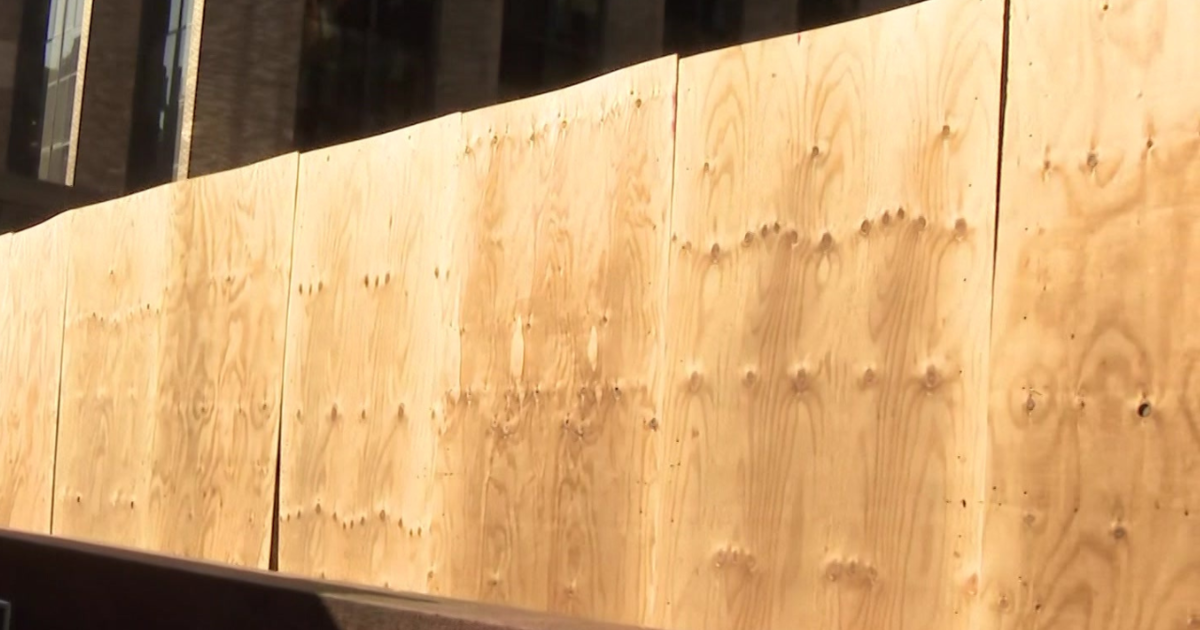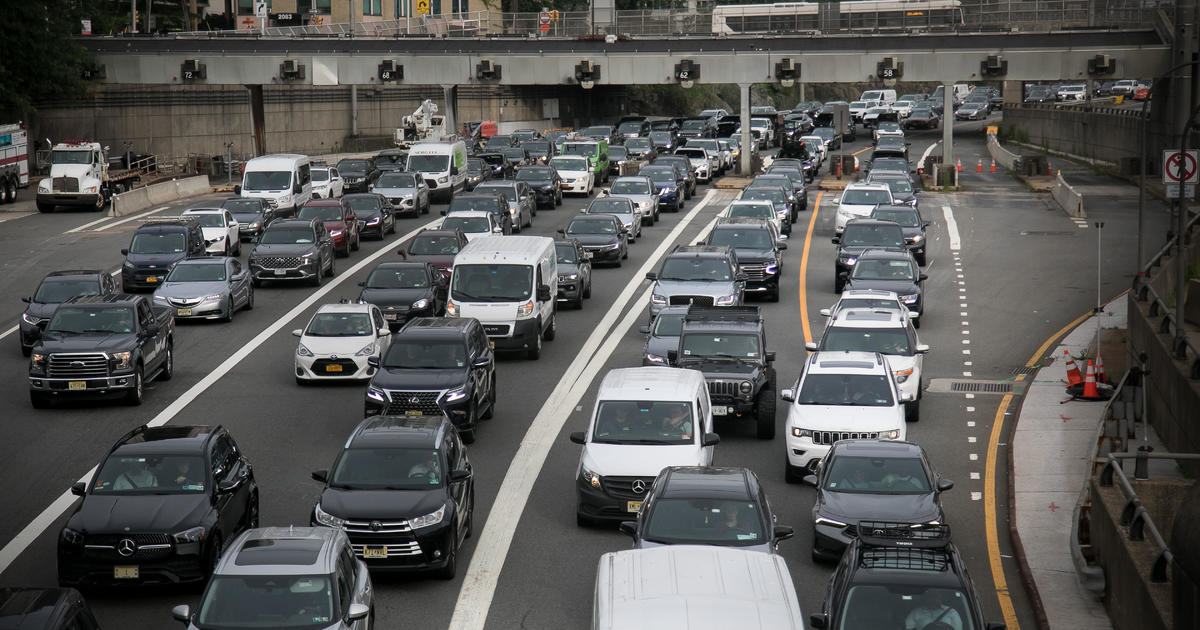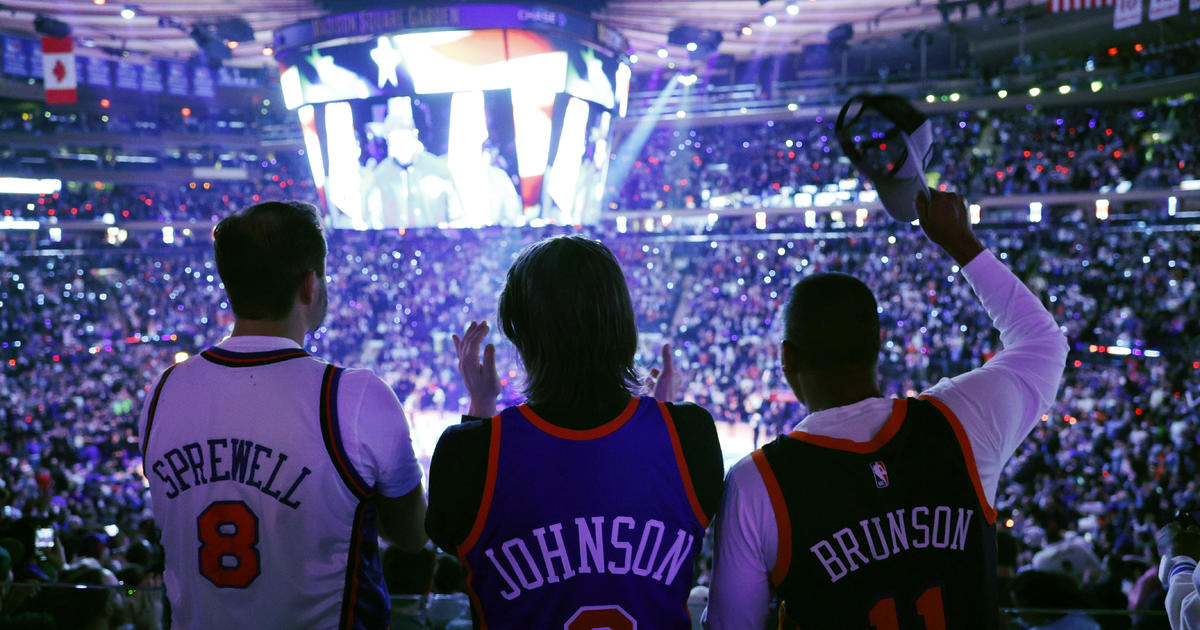New Device Offers Alternative To Open Heart Surgery
NEW YORK (CBS 2) -- Many mothers-to-be have ultrasounds during their pregnancy to catch their first glimpse of their baby in the womb. But imagine instead finding out your baby has a major heart defect – that will probably require open heart surgery to fix.
CBS 2's Dr. Max Gomez met one such family, who told the story of how a new procedure helped to heal a tiny heart.
The defect is called a ventricular septal defect, or VSD for short. It's essentially a hole, or holes, in the central wall of the heart. The fix means opening the chest, stopping the heart and putting a newborn baby on a bypass machine to sew these holes shut.
But now there's a much less invasive way to close these holes.
Zoey Heyding is 8 months old, now full of energy and a happy baby, although it was a different story when she was born.
"Her heart…couldn't do the work for what it needed to do," said Drew Heyding, Zoey's father.
The reason Zoey's heart was failing was that she was born with holes in the wall that separates the ventricles of her heart. They often close on their own, but not always.
"The babies are in what we call heart failure," said Dr. Ralph Mosca of NYU Langone Medical Center. "So the blood is going around and around through the lungs, but not getting to the body."
Zoey was so sick, there was no choice than to perform open heart surgery on her young heart, barely the size of a big cherry tomato. Zoey's mom, Maria Pereda, remembers the day.
"When we were in pre-op, I just decided I didn't want her to fall asleep without us," she said through her tears. "It was just super hard, because I had to say goodbye – just in case."
What gave Mom and Dad comfort was that Dr. Mosca was going to try something called a hybrid procedure: A chest incision, smaller than regular surgery, and then an ingenious device called an amplatzer, which is a thin catheter that goes through the hole in the septum of the heart.
A wire-mesh mushroom is opened on one side and then the other side of the wall, closing the hole while the heart is still beating.
Much safer for Zoey.
"The device does stay in there forever," said Dr. Mosca. "If anchored appropriately it will get covered with the heart's lining and nothing needs to be done."
And it sure worked out for Zoey.
"She's thriving, she's full of energy," said her mother. "She started meeting milestones, she's a super happy baby."
She still has a few very small holes in the heart, but they should close on their own. Even if they don't, they're so small they shouldn't bother her.
The procedure is called a hybrid because it still involves some surgery, but only to get the amplatzer device into the beating heart.



